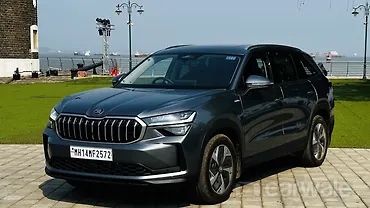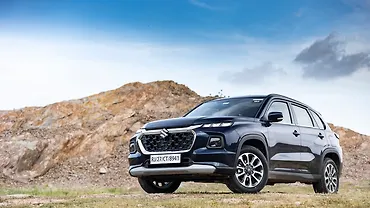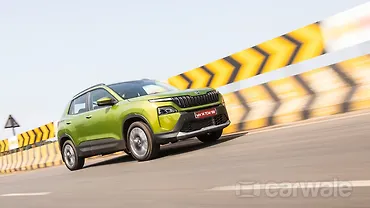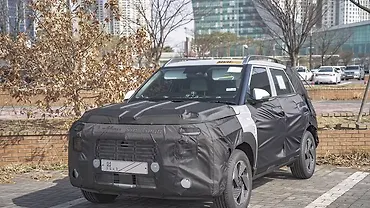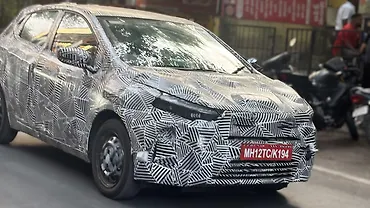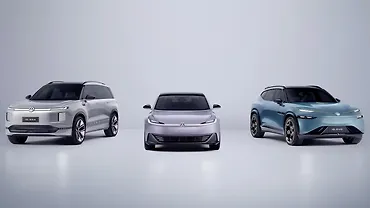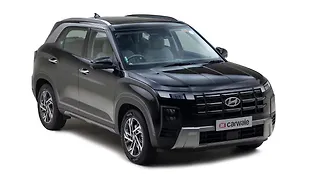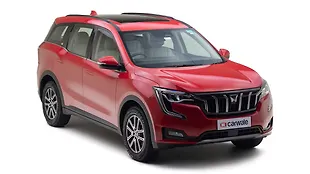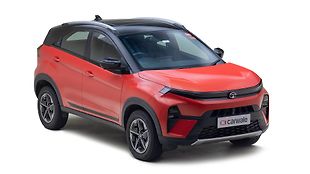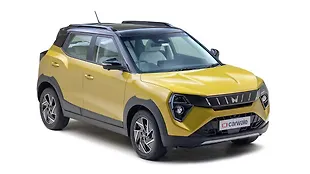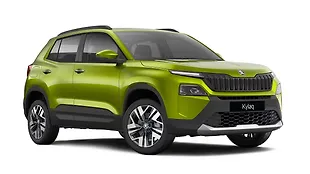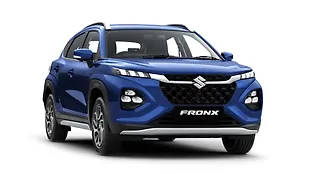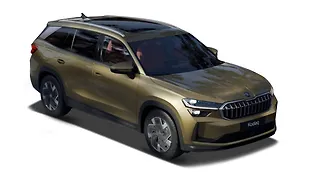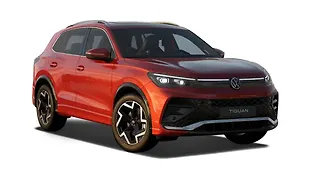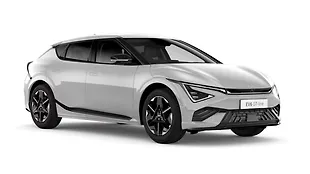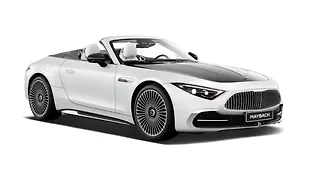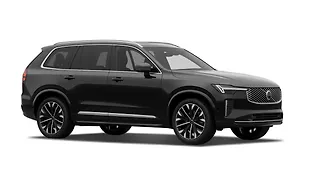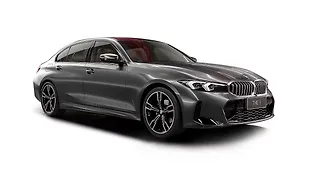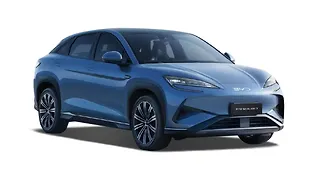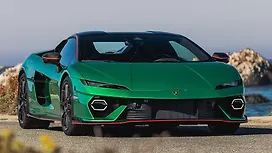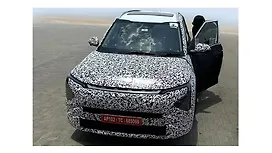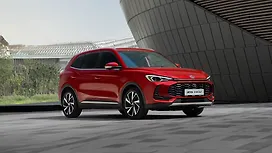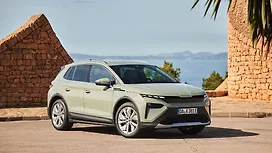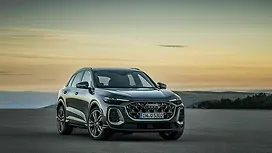
In line with the government’s vision of making India self-reliant in energy by 2047, the Toyota Mirai Hydrogen Fuel Cell EV (FCEV) was pioneered in 2022. An MoU was signed between Toyota Kirloskar Motor (TKM) and the International Centre for Automotive Technology (ICAT) for a pilot project, designed to gauge the feasibility of hydrogen FCEVs on Indian roads. Fast forward to 2025, a new MoU has been signed between Hyundai Motor India (HMIL) and Indian Oil Corp (IOCL) to test the feasibility of hydrogen FCEVs. As a part of the agreement, a single unit of the Hyundai Nexo has been given to the government company to test the FCEV for a distance of 40,000km.
Set over a span of two years for testing, there will be several parameters for assessment, including Total Cost of Ownership (TCO), reliability in the long run, and long-term assessment of FCEVs which includes determining the feasibility of hydrogen as an alternative fuel. This is particularly emphasised upon, since burning hydrogen does not emit anything, but produces water. This results in zero tailpipe emissions.
Remarking the MoU signing, Unsoo Kim, MD, HMIL, said, “As India’s foremost smart mobility solutions provider, it is our firm resolve to innovate with future ready technology. By signing a Memorandum of Understanding with Indian Oil Corporation, a pioneer in India’s energy sector, we aim to combine world-class Hydrogen fuel cell technology with Indian expertise. Together, we seek to unlock the potential of Green Hydrogen as a transformative energy source making it accessible, affordable, and sustainable. We are confident this collaboration will serve as a critical step in demonstrating the potential of hydrogen as an alternate sustainable fuel source in the times to come.”
HMIL has also partnered with IIT Madras (IITM) for developing a ‘Hydrogen Innovation Centre’ as a part of its hydrogen mobility goals.
The India Outlook
With increasing costs of ownership and maintenance pertaining to ICE vehicles, it has become imperative to look at sustainable mobility solutions, such that new tech is built in lieu of higher spending on fossil fuels. Taking into account the infrastructural bottlenecks associated with lithium-based EVs, diversification of green fuels could be the way forward. The push for EVs and FCEVs is also in line with the Paris Agreement aimed at reducing carbon emissions.
India has started readying itself for alternative green fuels like hydrogen, with IOCL having established the country’s first hydrogen plant at its Mathura refinery in 2021. This has now culminated into the government company’s Hyundai partnership as a pilot project for commercial FCEVs.

